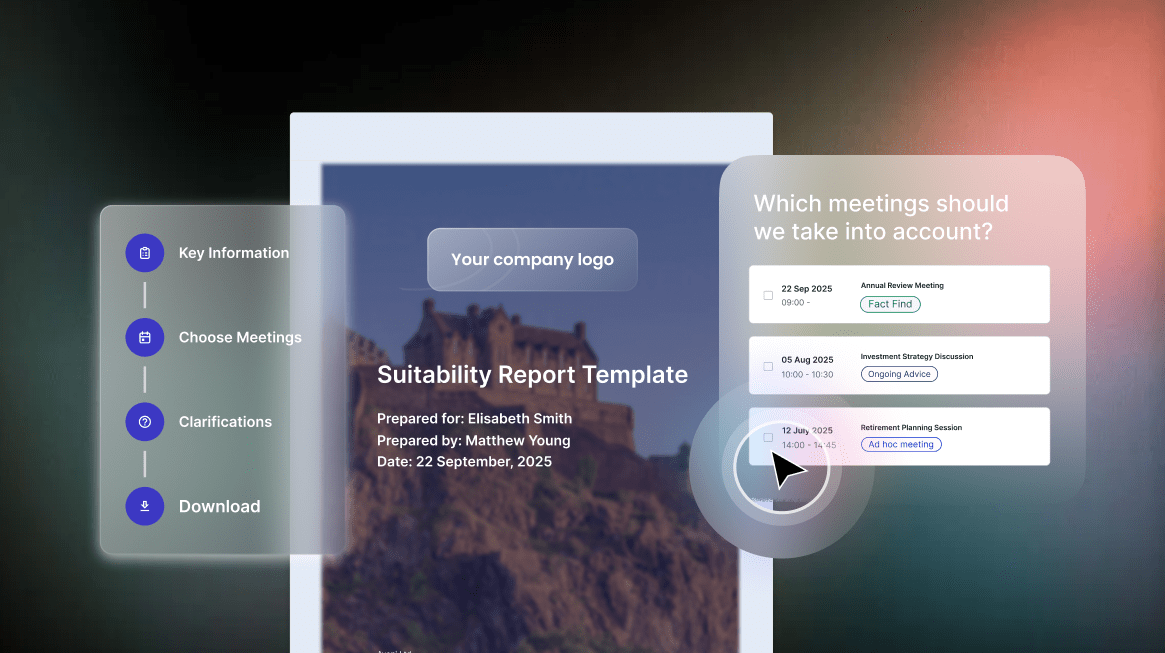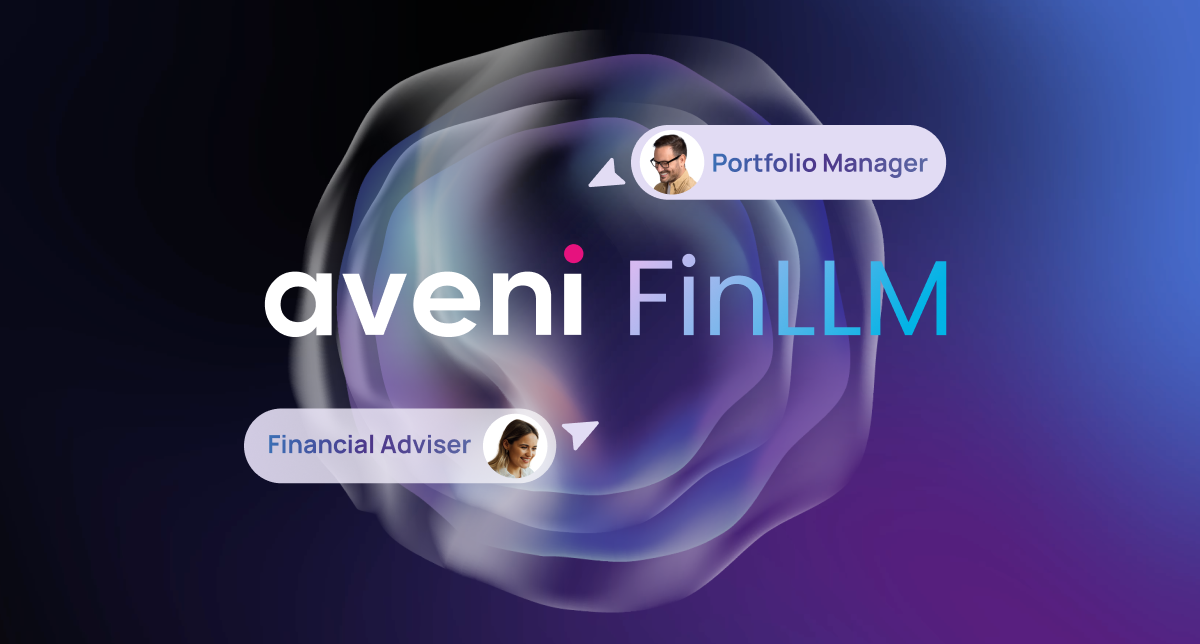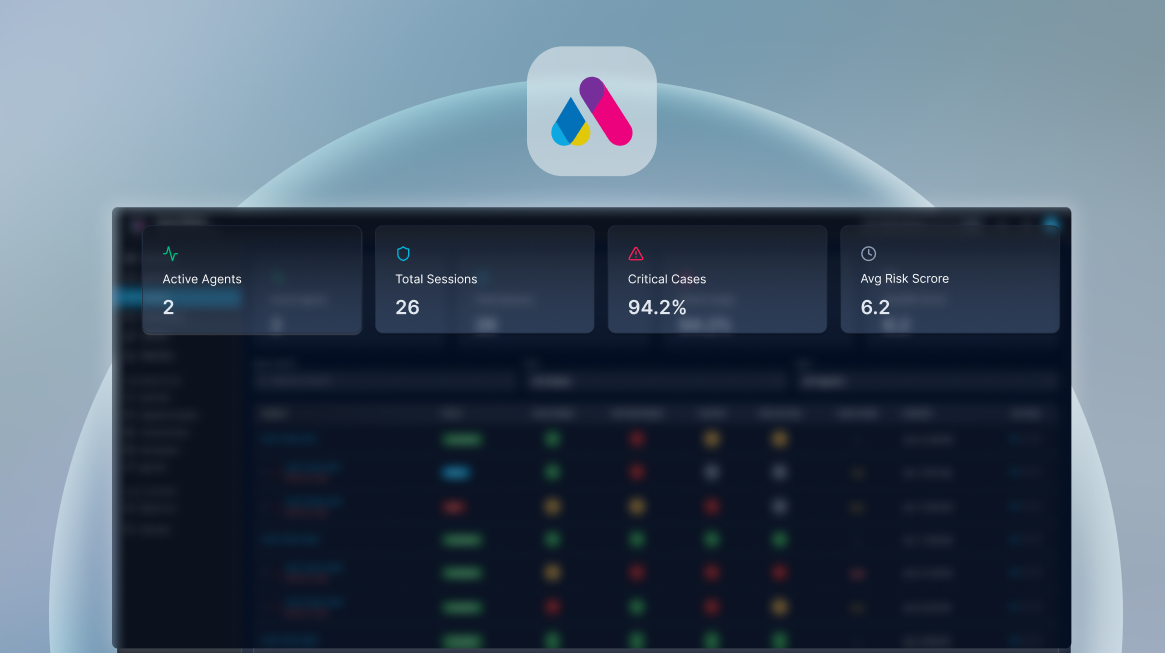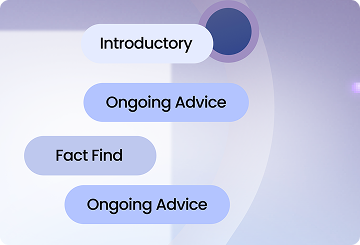MIT’s recent study into the cognitive impact of using LLMs like ChatGPT has raised some questions about the long-term effects of AI use. While the technology promises speed and efficiency, the findings suggest that over-reliance on tools like ChatGPT may actually dull memory, weaken engagement, and strip human output of its depth.
For financial advisers, whose profession is built on trust, judgement, and human connection, these results are particularly important. The challenge ahead is not just about using AI, but about ensuring it strengthens, rather than diminishes, the qualities that clients value most.
The Risks of Over-Reliance on AI
Generic, Impersonal Advice
Advisers who lean too heavily on AI may produce technically accurate outputs, but risk sounding robotic or soulless. Financial advice is not just about precision; it’s about reassurance, empathy, and guiding clients through life’s complexities.
Reduced Critical Thinking
The MIT study highlights a drop in cognitive engagement with prolonged AI use. For advisers, this could blunt the ability to spot anomalies, anticipate unintended consequences, or weigh competing goals, skills clients depend on for navigating uncertainty.
Erosion of Professional Differentiation
If AI is doing most of the work, advisers risk becoming indistinguishable from robo-advisers and DIY platforms. Unless advisers cultivate uniquely human skills, the profession risks commoditisation.
The Future Skills Advisers Must Develop
AI can already handle much of the low-value baseline, report generation, regulation, data crunching, product comparisons. The future of advice will depend on skills that AI cannot replicate:
- Emotional Intelligence: Building trust, showing empathy in moments of financial stress, and navigating sensitive conversations.
- Critical and Integrative Thinking: Interrogating AI outputs, spotting gaps, and bringing context, behavioural biases, family dynamics, or market shifts, into play.
- Ethical and Regulatory Interpretation: Applying rules to nuanced, real-world circumstances, balancing compliance with client goals.
- Coaching and Education: Acting as motivators and guides, not just advisers, helping clients stay the course and make informed trade-offs.
- Creative Problem-Solving: Finding innovative solutions that balance tax, inheritance, and investment needs, where lateral thinking adds real value.
Striking the Right Balance
Perhaps the most striking finding from MIT’s study was that those who began without AI and added it later retained the strongest outcomes. For financial advisers, this offers a clear lesson: do the thinking first, then use AI as a check or enhancement.
The most successful advisers of the future will not abandon AI, but neither will they outsource their judgement to it. Instead, they will use AI as a sparring partner, not a crutch, harnessing its speed and efficiency while preserving the depth, empathy, and critical thinking that only humans can provide.
AI is changing the landscape of financial advice, but human advisers have an enduring edge. By focusing on skills that reinforce trust and judgement, advisers can ensure they remain indispensable, even in a world where machines are faster. The future will belong to those who find the right balance between brains and bots.









